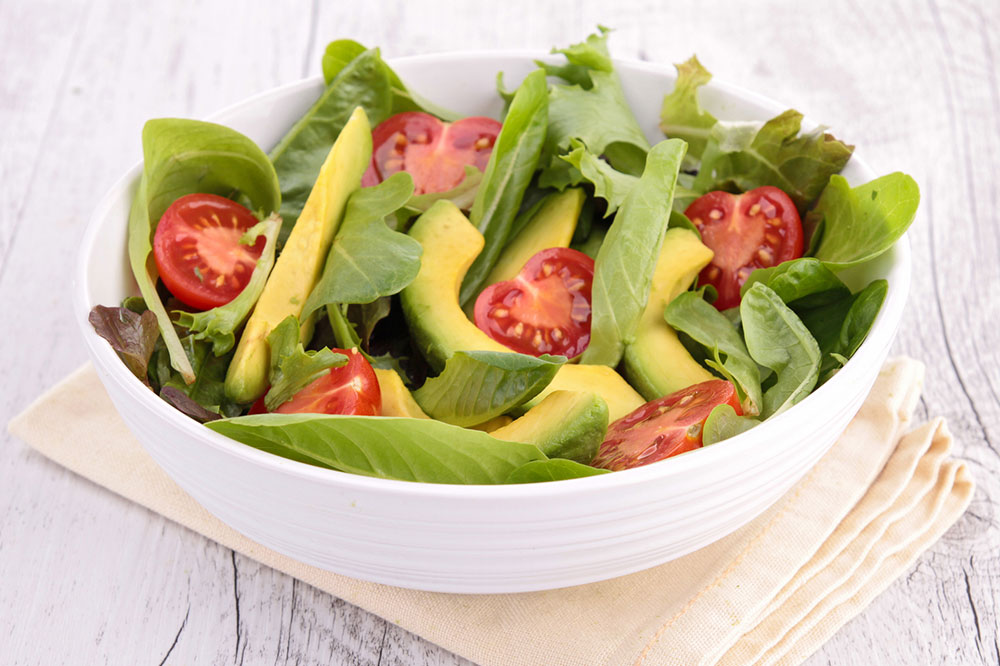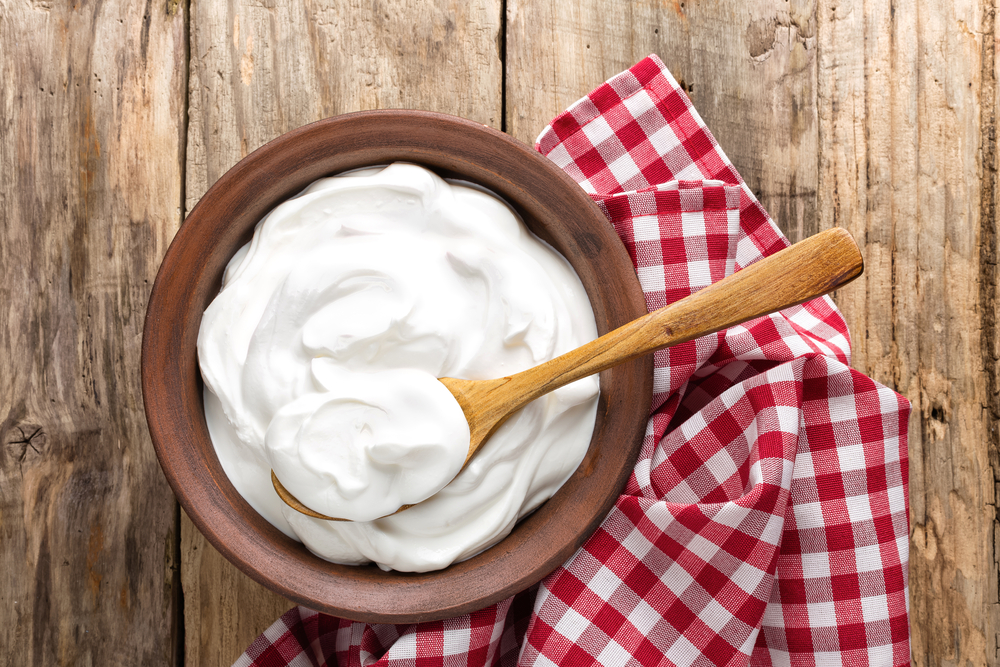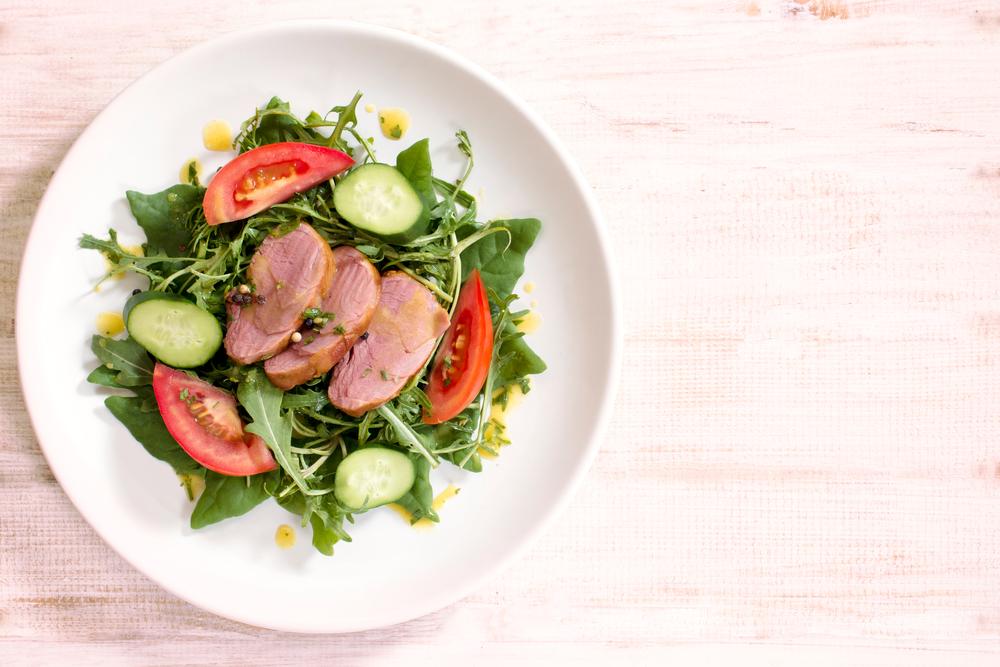Effective Dietary Strategies for Managing IBS Symptoms
This article offers practical dietary tips for managing IBS symptoms, highlighting food substitutions and meal choices that can ease discomfort. From lactose-free dairy to low-fructose fruits, the guide helps in making informed food choices to improve digestive health and reduce flare-ups.
Sponsored

Irritable Bowel Syndrome (IBS) affects the large intestine's function, causing symptoms like abdominal cramps, bloating, and irregular bowel movements—either diarrhea or constipation. Over time, bowel patterns may fluctuate, with some experiencing more frequent or less frequent movements, with stool that can be hard, thin, or watery. While the specific cause remains unknown, triggers such as infections, food sensitivities, and lifestyle factors are linked to IBS development.
Here are dietary tips and snack ideas to help manage IBS symptoms:
Lactose-free Dairy: Dairy products containing lactose can worsen IBS symptoms due to intolerance. Opt for lactose-free options like oat, soy, or rice milks, and choose hard cheeses or Brie and Camembert, which are lower in lactose. Always check labels for lactose-free labeling before purchasing.
Vegetables: Consuming green vegetables is beneficial, but avoid cruciferous types like cabbage, cauliflower, and broccoli, as they may trigger symptoms. Instead, include cooked carrots, spinach, sweet potatoes, and squash, which are gentler on the digestive system.
Fruits: Fruits high in fructose can exacerbate IBS. Choose low-fructose options like bananas, blueberries, grapefruit, oranges, and strawberries for safer snacking.
Fish: Rich in Omega-3 fatty acids, fish such as salmon, sardines, and tuna have anti-inflammatory effects that can alleviate IBS discomfort and support overall health.
Lean Protein: Eggs, white meats like chicken, beef, and pork are easily digestible protein sources that can be incorporated into the diet without aggravating symptoms.
Whole Grains: Brown rice provides more fiber and minerals than white rice, aiding in regular bowel movements and digestive health.
Green Tea: With anti-inflammatory properties and low caffeine levels, green tea is an excellent beverage choice for those with IBS. Replacing regular tea or coffee with green tea can help reduce bowel irritation.






